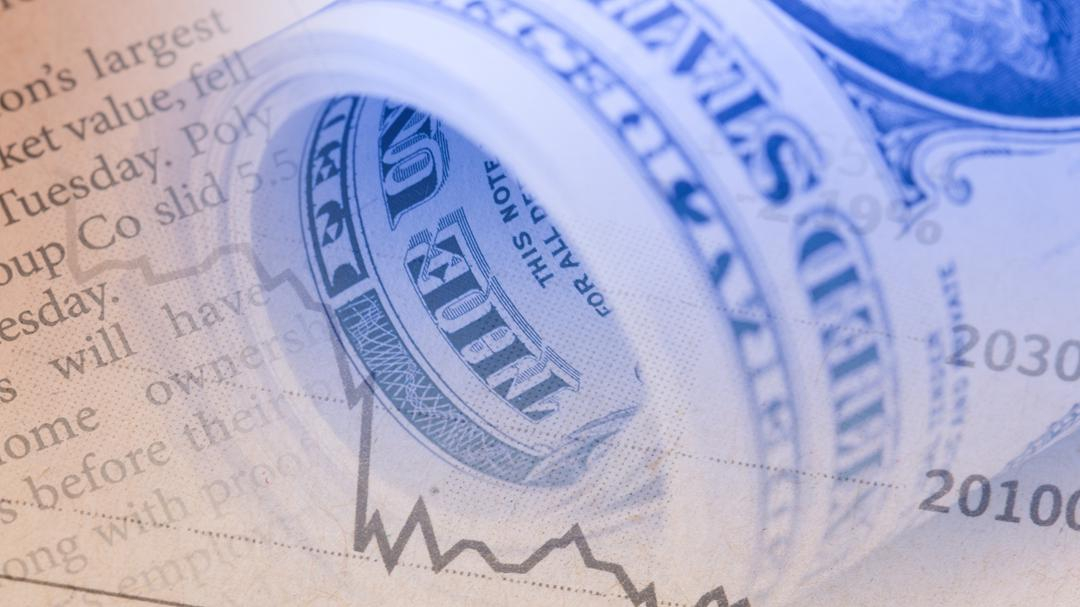In March 2024, Brazil recorded a substantial external accounts deficit of $4.6 billion, the highest for this month since 2021.
This information, released by Brazil’s Central Bank on May 2, 2024, outlines a significant shift in the country’s financial interactions with the global market.
The trade surplus for goods, which was $5.1 billion, declined sharply by 44.8% compared to March 2023.
This downturn primarily resulted from a 14% drop in exports, which fell to $28.4 billion, while imports saw a modest decline of 1.9%, totaling $23.4 billion.
The reduction in exports significantly contributed to the trade balance change.
The services account deficit grew to $3.7 billion, a 21.4% increase from the previous year.

Simultaneously, the primary income deficit, which includes international payments like interest and dividends, rose to $6.0 billion.
This rise of 6.8% from the previous March’s $5.6 billion further stressed Brazil’s external financial position.
Over the past year, Brazil’s external accounts faced a $32.6 billion deficit, or 1.46% of its GDP.
This figure presents an increase from the $27.3 billion deficit noted in February, yet a decrease from the $49.3 billion deficit observed in March 2023.
In the first quarter of 2024, the external accounts deficit reached $14.40 billion, the highest since 2021’s first quarter deficit of $21.64 billion.
This represents a 14.1% increase from the same period in 2023.
Brazil’s Economy Faces Trade Deficit, Yet Investment Remains Strong
Despite these challenges, foreign direct investment (FDI) in Brazil for March reached $9.6 billion, the highest monthly figure recorded since 2012.
This robust inflow of investment underscores continuing international confidence in Brazil’s market potential, despite ongoing fiscal challenges.
This scenario of increasing deficits combined with strong FDI inflows suggests a complex economic environment.
These fluctuations underscore Brazil’s struggle to balance international payments, maintain economic stability, and attract foreign investment.
This delicate balance is crucial for Brazil’s long-term economic health and its ability to engage effectively on the global stage.

